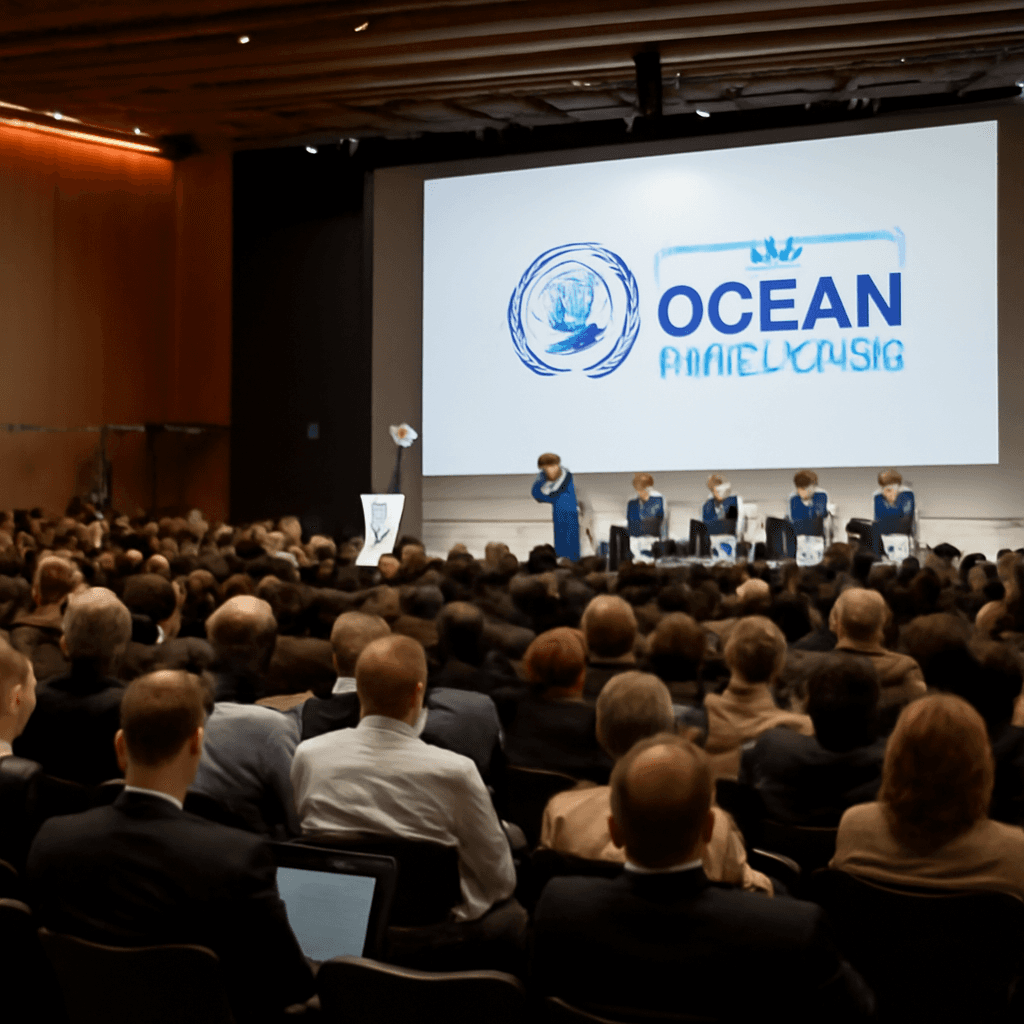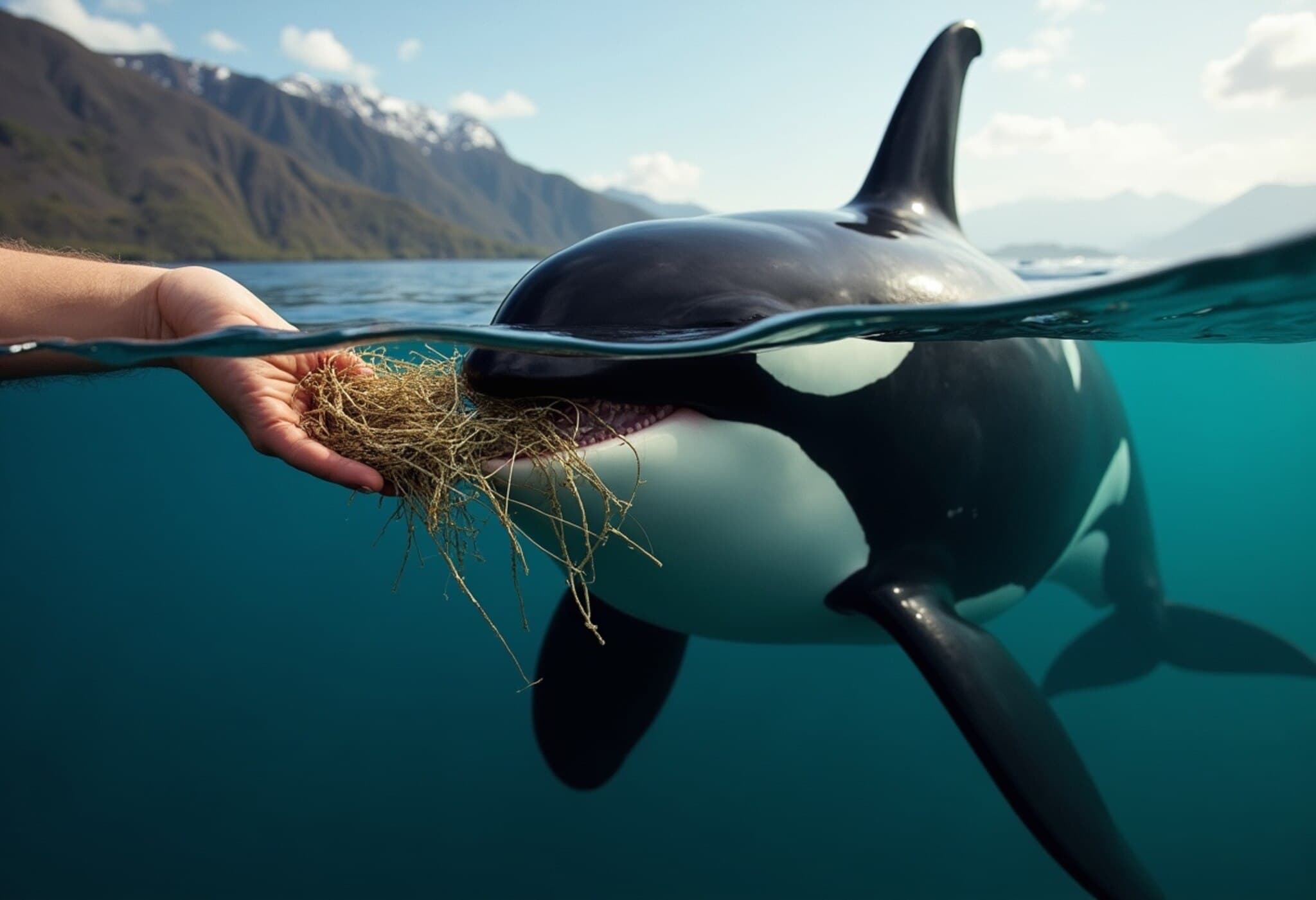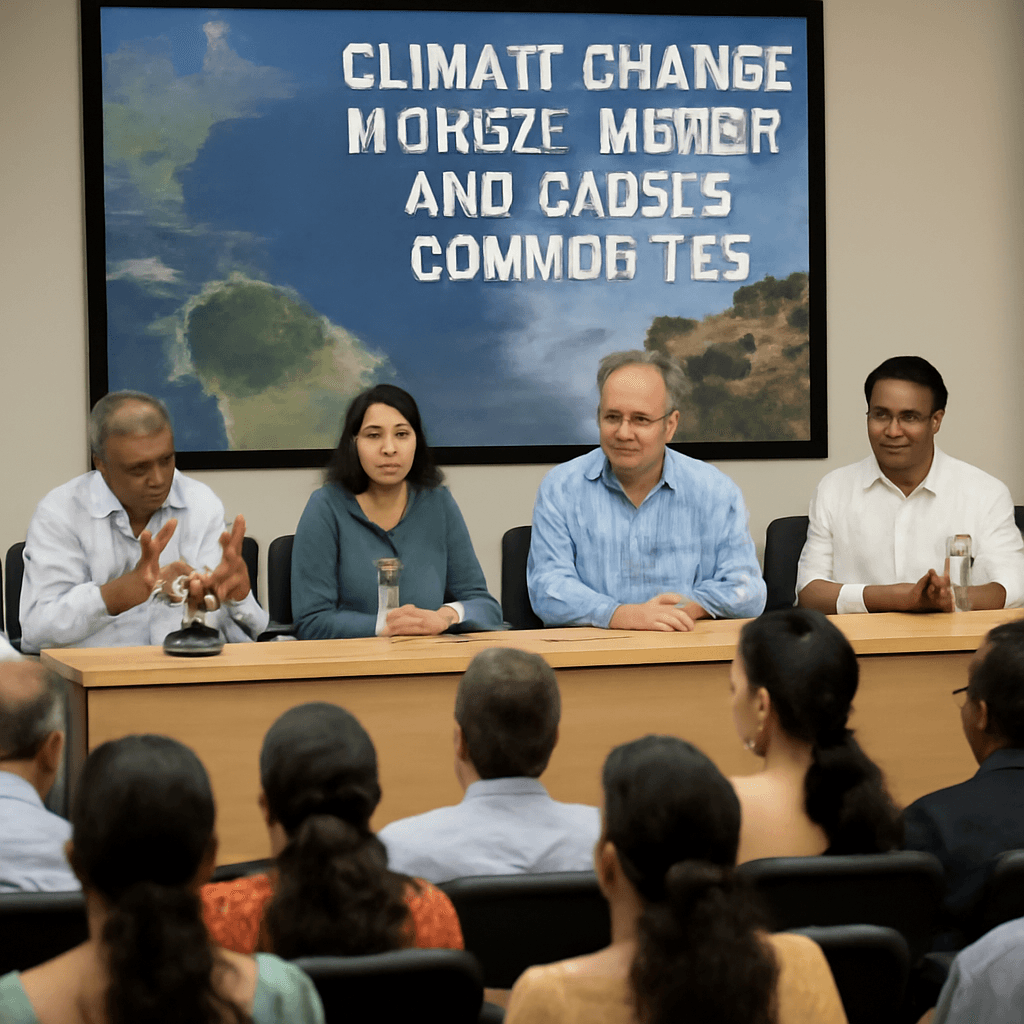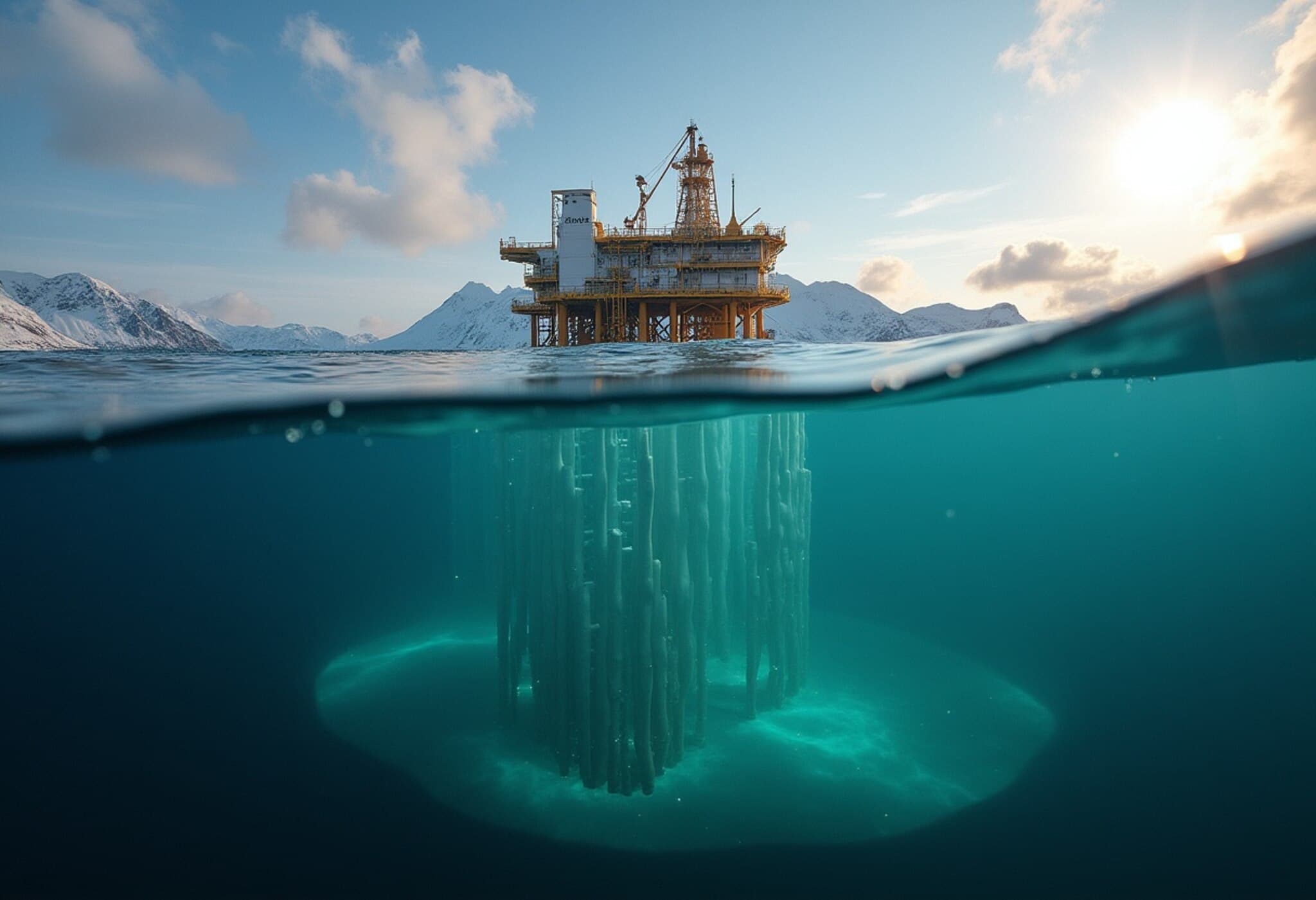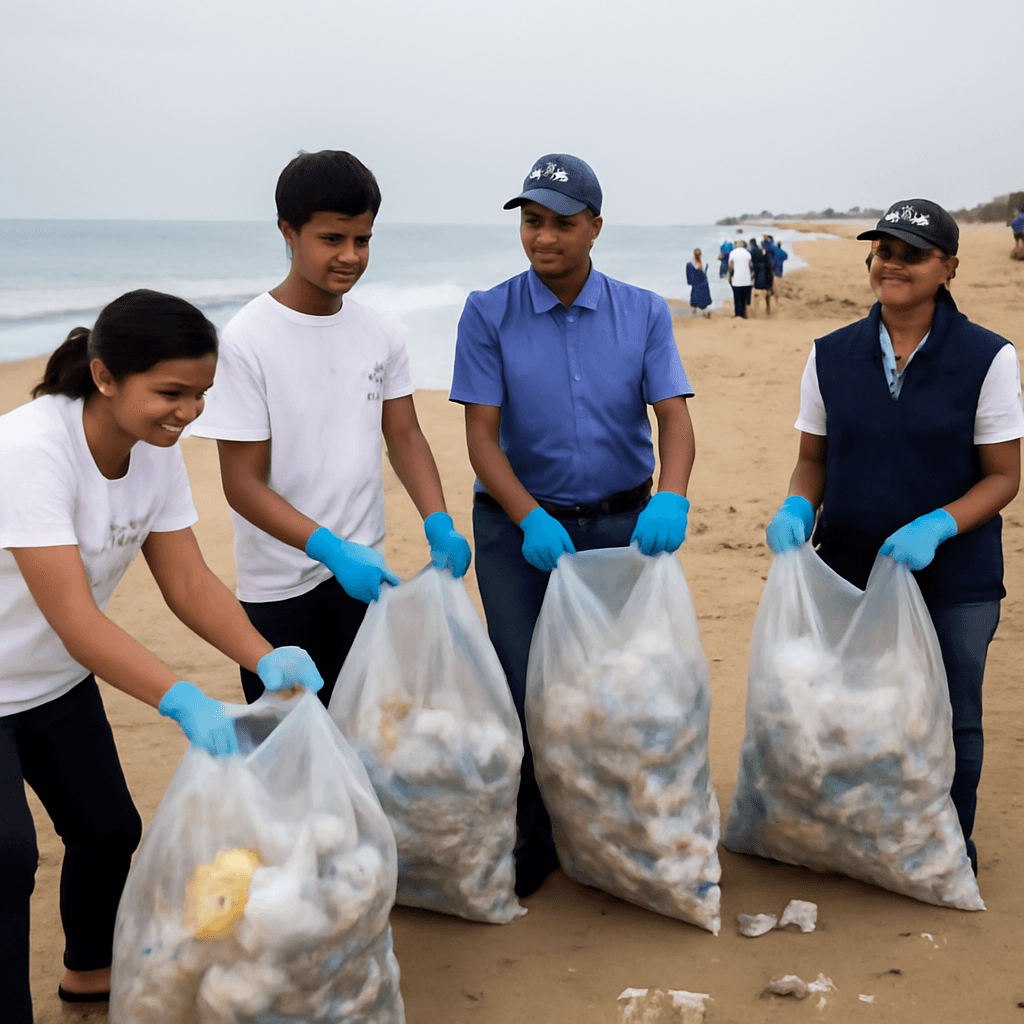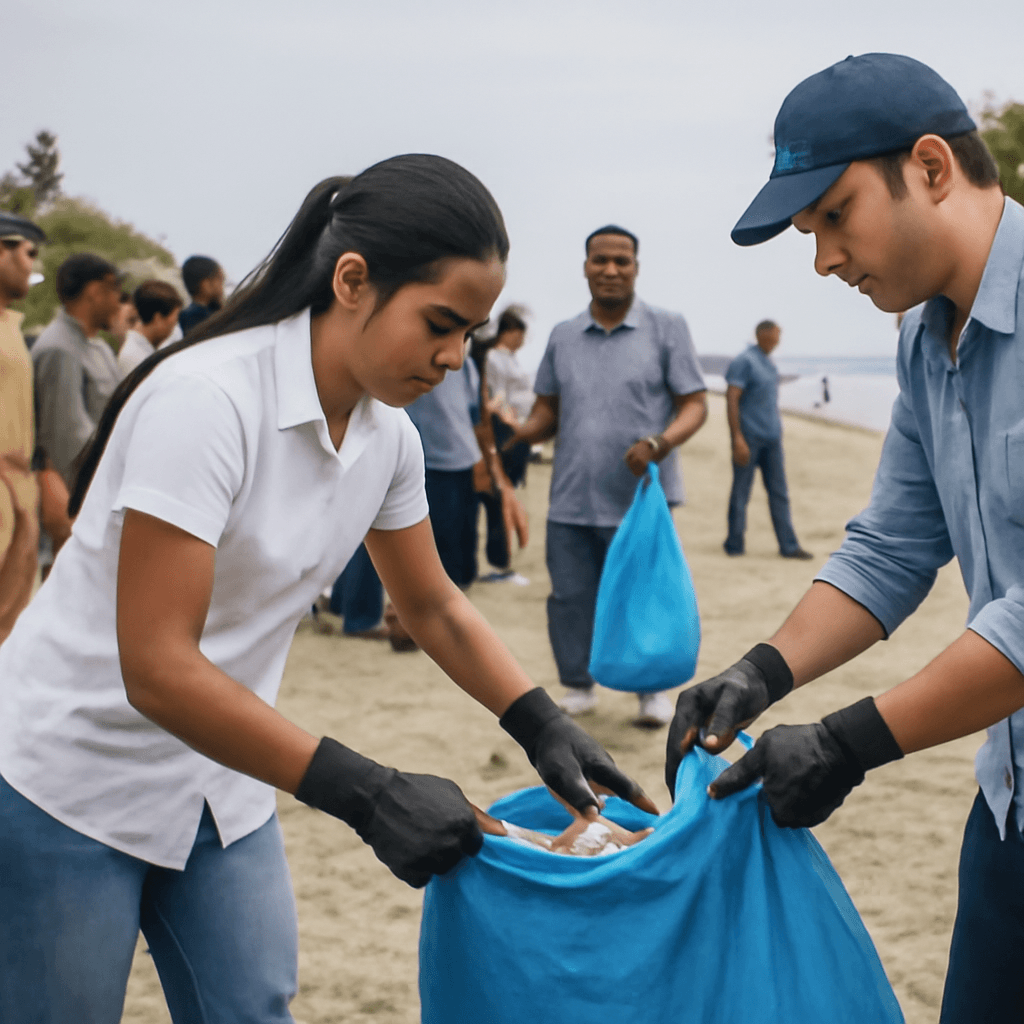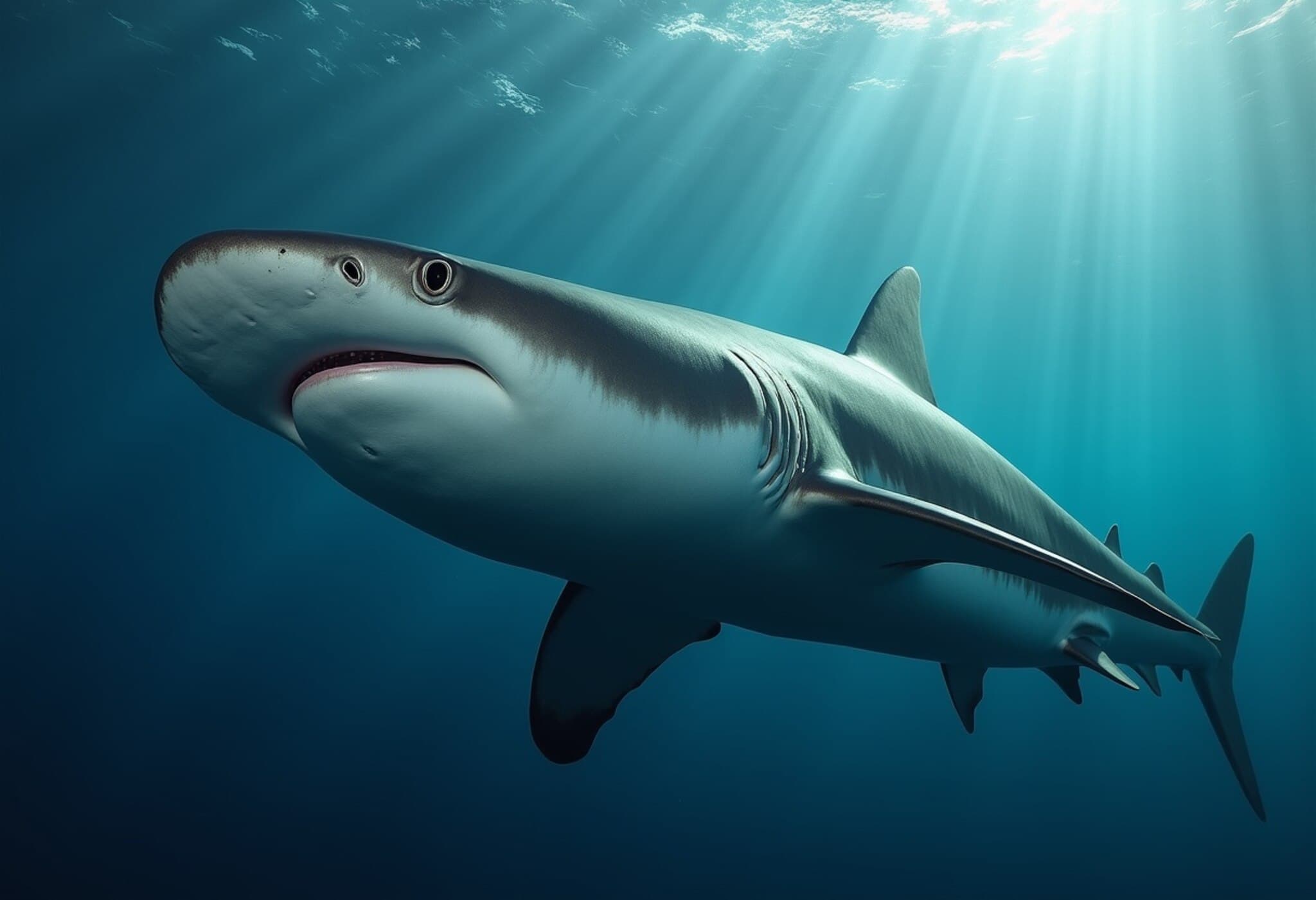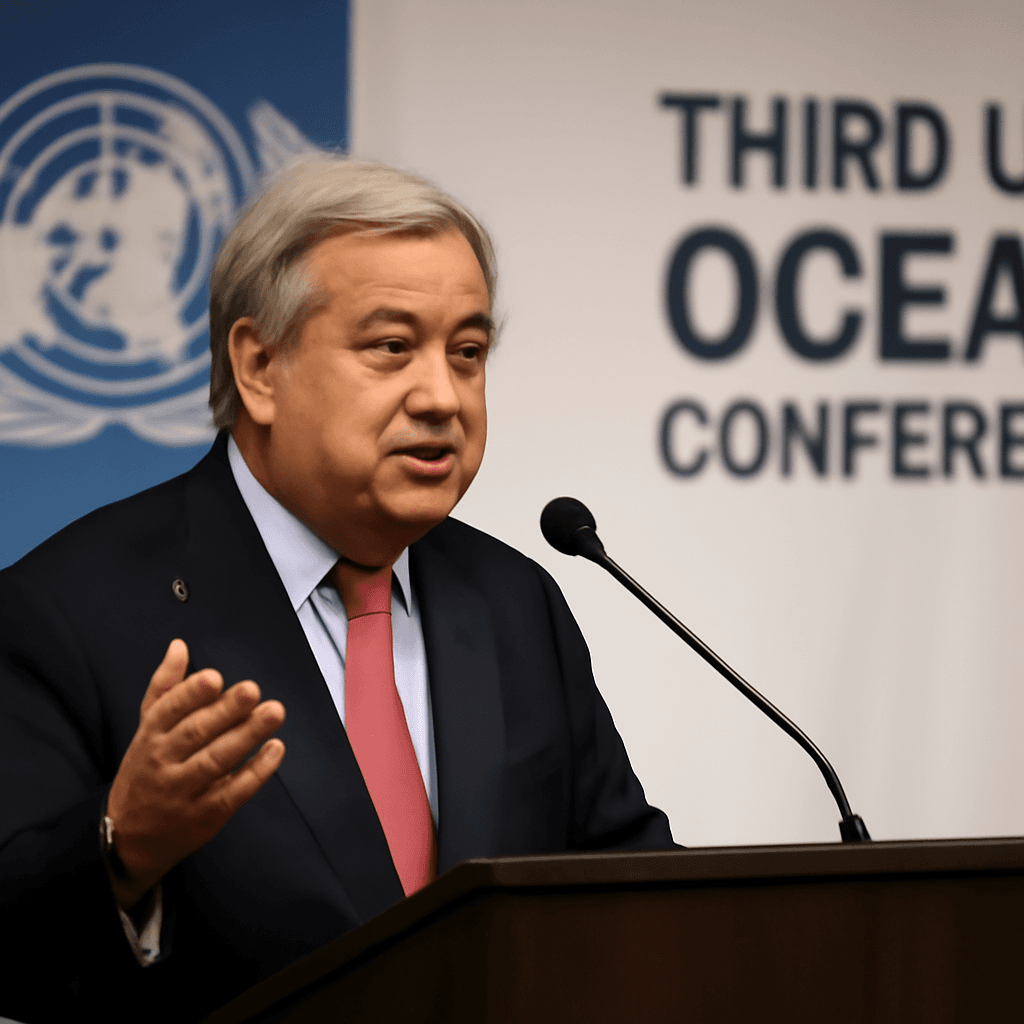Global Leaders Rally in Nice for the Third United Nations Ocean Conference
On June 8, 2025, the picturesque coastal city of Nice, France, played host to the launch of the third United Nations Ocean Conference (UNOC3), coinciding with World Oceans Day. This year’s gathering, themed "Ocean Wonders," brought together a fleet of research and exploration vessels that set sail from Nice's famed Baie des Anges (Bay of Angels), spotlighting the vital role oceans play in sustaining life on Earth.
Uniting Science, Advocacy, and Leadership
Thousands of delegates, including heads of state, marine scientists, and environmental advocates, converged on Nice this week to address an escalating global crisis. The ocean, vital for climate regulation and biodiversity, faces unprecedented threats such as rising temperatures, rampant plastic pollution, and overfishing. Yet, despite these dangers, only 2.7% of the world's oceans currently enjoy effective protection against destructive activities like industrial fishing and deep-sea mining, a figure markedly short of the ambitious 30% protection target by 2030.
A Fleet Symbolizing Hope and Innovation
The conference featured an impressive array of vessels exemplifying innovation and conservation efforts:
- Energy Observer – A solar-powered catamaran that circumnavigated the globe relying solely on renewable energy, generating hydrogen fuel onboard through seawater electrolysis, showcasing a zero-emissions future for maritime travel.
- Alfred Merlin – France's dedicated underwater archaeology vessel, illuminating historic marine treasures.
- OceanXplorer – A state-of-the-art research yacht owned by a billionaire, equipped with cutting-edge technologies.
- Blue Panda – Operated by WWF, this vessel works to map and safeguard remaining seagrass meadows in the Mediterranean, crucial ecosystems for marine life.
Pressing Forward with the High Seas Treaty
A central focus of the conference is the ratification of the High Seas Treaty, adopted in 2023. This landmark agreement aims to empower countries to establish marine protected areas (MPAs) in international waters—territories that cover nearly two-thirds of the ocean yet remain largely unregulated. Effective enforcement within existing MPAs remains a challenge, as some nations, including France, have faced criticism for weak regulatory measures and continued industrial activities that undermine conservation efforts.
Rebecca Hubbard, director of the High Seas Alliance, emphasized, "The High Seas Treaty is critical to ensuring we can protect biodiversity in the ocean. We are in the midst of a biodiversity and climate crisis, and safeguarding the ocean is essential to addressing both."
Calls for Greater Ambition and Immediate Action
Environmental advocates stress the urgency of scaling up protective measures. Sílvia Tavares, project manager at Oceano Azul Foundation, commented, "The ambition, speed, and scale of ocean protection have so far been insufficient. Conferences like UNOC are pivotal moments to rejuvenate commitments and drive real change."
This week, several countries are expected to announce new MPAs and implement bans on destructive fishing practices such as bottom trawling within their networks, signaling a stronger resolve to protect vulnerable marine habitats.
Engaging the Public and Future Outlook
The diverse "Ocean Wonders" fleet remains docked in Nice for public viewing through June 13, inviting visitors to connect with the ocean's splendor and the critical mission to safeguard it. The conference stands as a potent reminder that protecting our oceans demands global cooperation, innovative solutions, and unwavering commitment.

